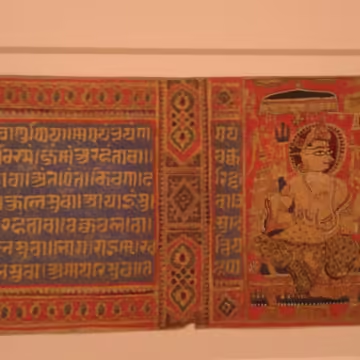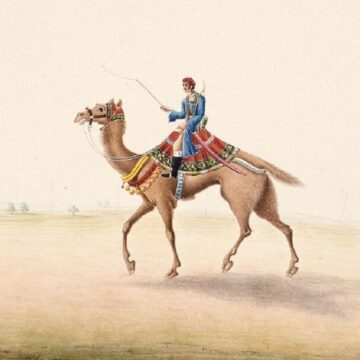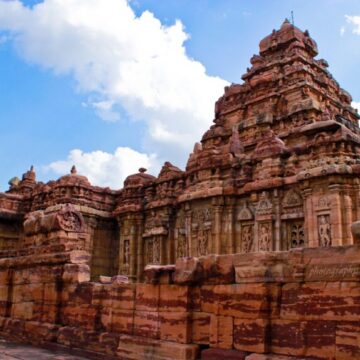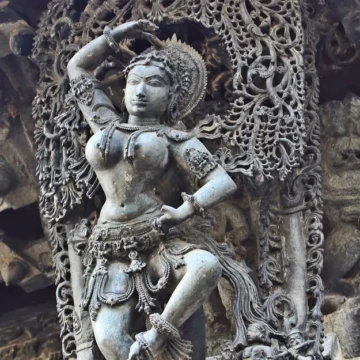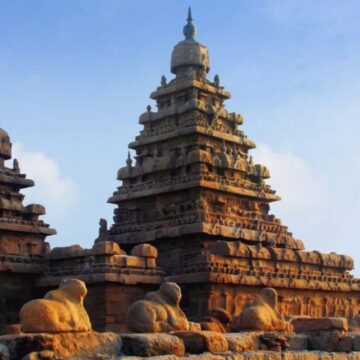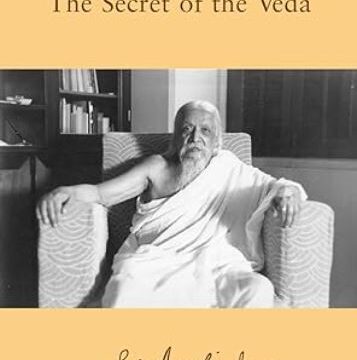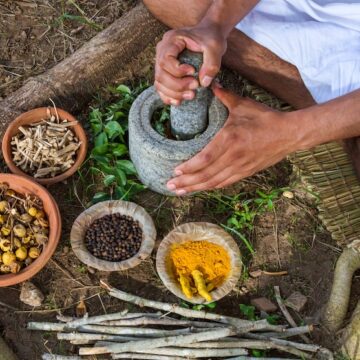Recent efforts to decolonise the Indian education system, particularly through rewriting NCERT textbooks, focus on reclaiming India's intellectual heritage by infusing indigenous knowledge into the curriculum. However, merely altering content without changing the deeper intellectual foundations upon which it rests will only result in superficial change. True decolonisation demands a shift from western frameworks of how we teach, learn and evaluate knowledge, to genuinely embrace India's philosophical and cultural traditions at every level of education.
Author: Deeksha Tyagi (Deeksha Tyagi)
From Bihar to Mewar: The Story of Purbiya Mercenaries in Western India
In this detailed exploration, Deeksha Tyagi sheds light on the Purbiya mercenaries. Sought after for their expertise in firearms, they played a significant role in shaping regional politics and warfare from Malwa to Gujarat and even in the British East India Company. The author highlights how their history exemplifies the adaptive strategies of communities in response to changing political landscapes in medieval India.de
The Unrecognized Architects of India’s Mediaeval Glory – Lokamahadevi and Trailokyamahadevi
Did you know that the Virupaksha and Mallikarjun Temples in Pattadakal were built by queens? Lokamahadevi and Trailokyamahadevi, queens of the Chalukya dynasty, commissioned these temples, originally named Lokeshvara and Trailokyeshvara. Their remarkable contributions include administrative roles and cultural patronage, such as commissioning the Virupaksha Temple, modeled after the Kanchi Kailasanathar Temple.
The History and Myths of an Exceptional Hoysala Queen
Shantala Devi, the queen consort to King Vishnuvardhana of the Hoysala dynasty, has been a figure of historical intrigue and literary fascination. This article by Deeksha Tyagi explores the dual narratives surrounding Shantala Devi, contrasting historical records with fictional representations. While the author recognises that fictional potrayals help keep her in public consciousness, she asserts that only by examining both historical and fictional accounts can we gain a more nuanced understanding of her legacy.
Spiritual Identity of Temples and Religious Tourism
Religious tourism, as against the popular perception, ends up hurting the very soul and nature of the teertha.
“The Secret of The Veda” by Sri Aurobindo – A Review
"The Secret of The Veda" by Sri Aurobindo is a collection of Sri Aurobindo’s various writings on the Veda and his translations of some of the hymns, originally published in the monthly review 'Arya' between August 1914 and 1920.
Ayurveda: Tradition, Science, and Recognition in a Globalised World
Ayurveda, despite being a system as ancient as, and deeper and more effective than, the Traditional Chinese Medicine (TCM), does not yet enjoy the same reverential status accorded to TCM. Does the cause lie in its inability to fit into the modern lifestyle, or with us for failing to find and project pride in our own cultural heritage and treasures?

